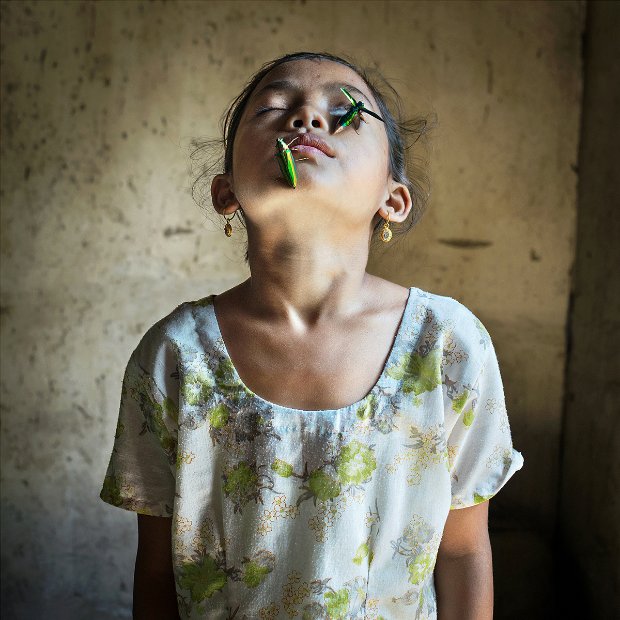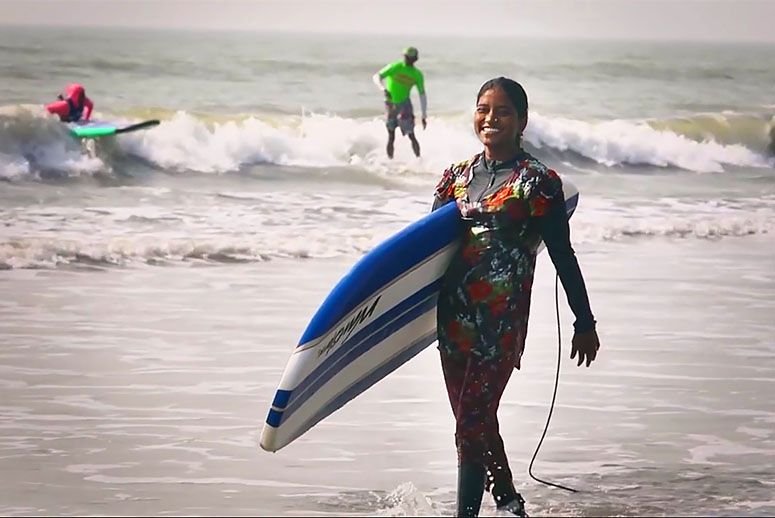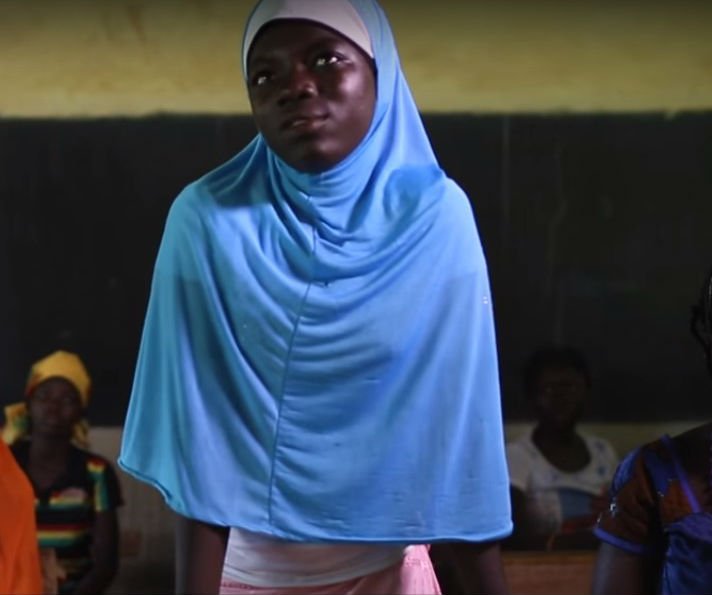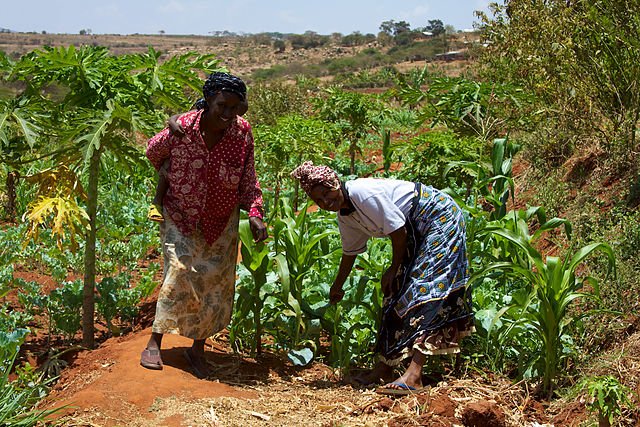How are women doing around the world today? It seems like a straightforward question, but it's not so easy to answer. Generally speaking, women are way better off than they were 100 years ago and are better off than they were 20 years ago. But when you examine the national and local situations across the planet, the assessment gets murkier. In some countries, gender equality is actively pursued. In many others, inequalities are enforced. Add it all up and disparities abound.
Some women have a lot more access to rights and opportunities such as education, work options, reproductive health and more, but that is not consistent everywhere.
Overall, more and more women are earning educational degrees, avoiding childhood marriage, getting necessary healthcare and building economic self reliance.
For International Women's Day, here’s a rundown of some Global Citzen stories from the last year that showcase both the challenges that remain for girls and women as well as the promise that lies ahead.
1) 62 million girls around the world are denied an education, which often dooms them to a life of poverty and dependence. Fortunately, global leaders like Michelle Obama and Malala are standing up for them. Click here to learn more.

2) Saudi Arabia is one of the most gender-unequal countries on Earth. While this isn't changing anytime soon, progress is being made. Just last December, 19 women were elected to parliament--the first time a woman has ever become a political representative in the Kingdom. Click here to learn more.
3) In Canada, on the other hand, the pime minister's cabinet has total gender parity. Why? #Becauseits2016. Click here to learn more.
4) There's at least one place in the world where women unquestionably rule and do not face the normal stigmas. It's wonderful. Click here to learn more.

5) Yet the norm tends to be that women are stigmatized for all sorts of things. Menstruation, in particular, is surrounded by stigmas that make it difficult for millions of girls and women to get on with their daily lives. Click here to learn more.
6) Sometimes it just takes the bravery of one woman to break down barriers. Nasima Akter is Bangladesh's first female surfer and she's defying culturval conventions in a country where 65% of women get married before they turn 18. Click here to read more.

7) Violence against women is common around the world--domestic abuse in particular. However, in countries that have strong laws against this kind of violence, it occurs less often. In parts of Latin America, weak laws combines with "Machismo" culture to create a particularly dangerous environment for women. Click here to learn more.
8) In war zones it's a different story. One of the under-discussed aspects of conflict is rape. When civil society deteriorates, rape flourishes. As ISIS extended its control in Iraq and Syria, for instance, they began to systemically abuse women. Click here to learn more.
9) Child marriage is on the decline worldwide, but it's still a major problem in a lot of countries. Fortunately, governments are recognizing the harm that child marriage does to young girls and are banning it. In Guatemala, they set the minimum marriage age to 18 last year. Click here to learn more.

10) The traditional mores of marriage are changing around the world. In the US, women are marrying at much later ages. In India, dating apps are eroding the dominance of arranged marriages. In both cases, women gain independence in their lives. Click here to learn more.
11) Maternal health is essential. All women should receive regular medical check-ups before pregnancy, during pregnancy and after pregnancy. In Pakistan, a country with dismal maternal survival rates, the government is trying an innovative solution to promoting health programs. Click here to learn more.
12) The most important time for a mother to be with her child is right after birth. In the US, most women are not able to do this because paid maternity leave is almost nonexistent. The US is the only OECD countries not to mandate some sort of paid maternity leave. Click here to learn more.
13) One way to empower women around the world is to help them gain land rights. Click here to learn more.

On International Women's Day, it's important to remember that the world has a long way to go before gender equality is achieved.
It's also important to remember that women (and men) everywhere are fighting, struggling and advocating for equal rights. Someday they will prevail. The more people who join their side, the sooner they will prevail. It's up to global citizens to join the efforts for gender equality and fairness today.